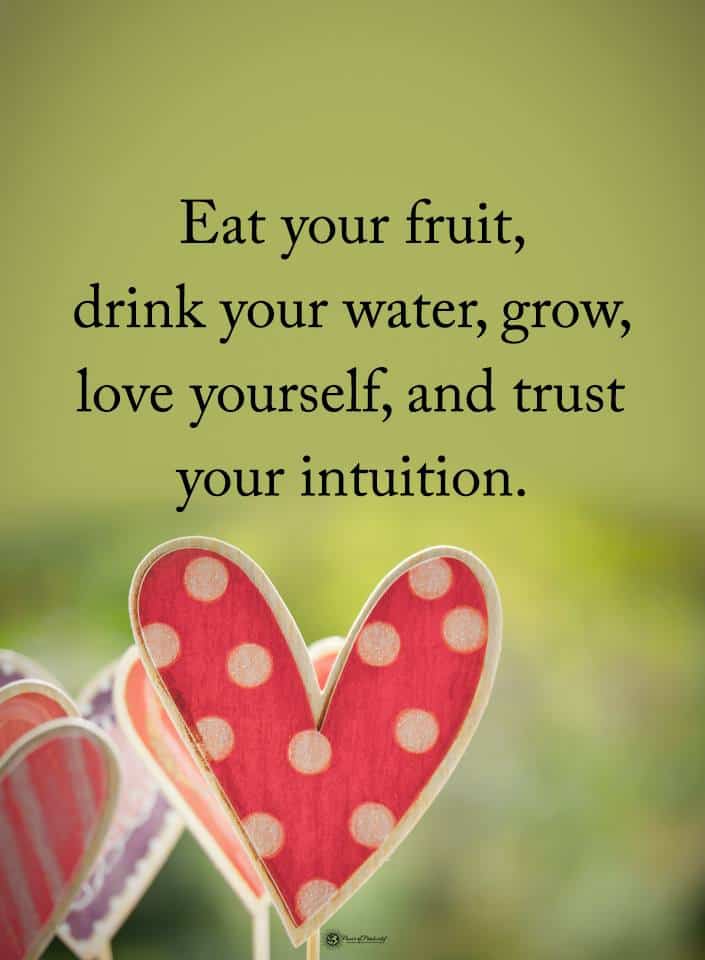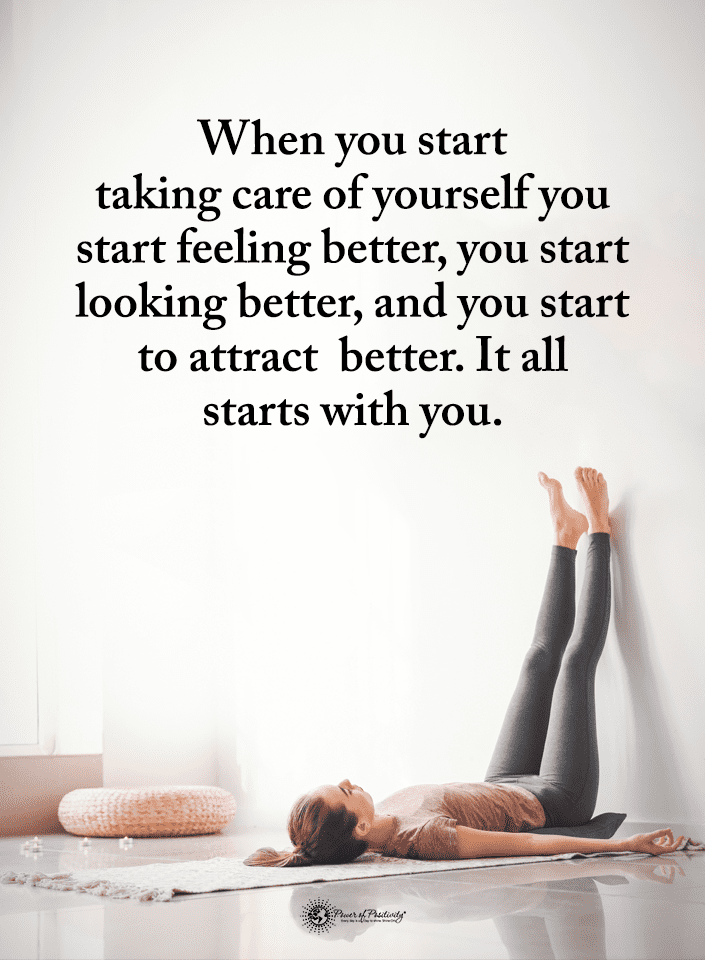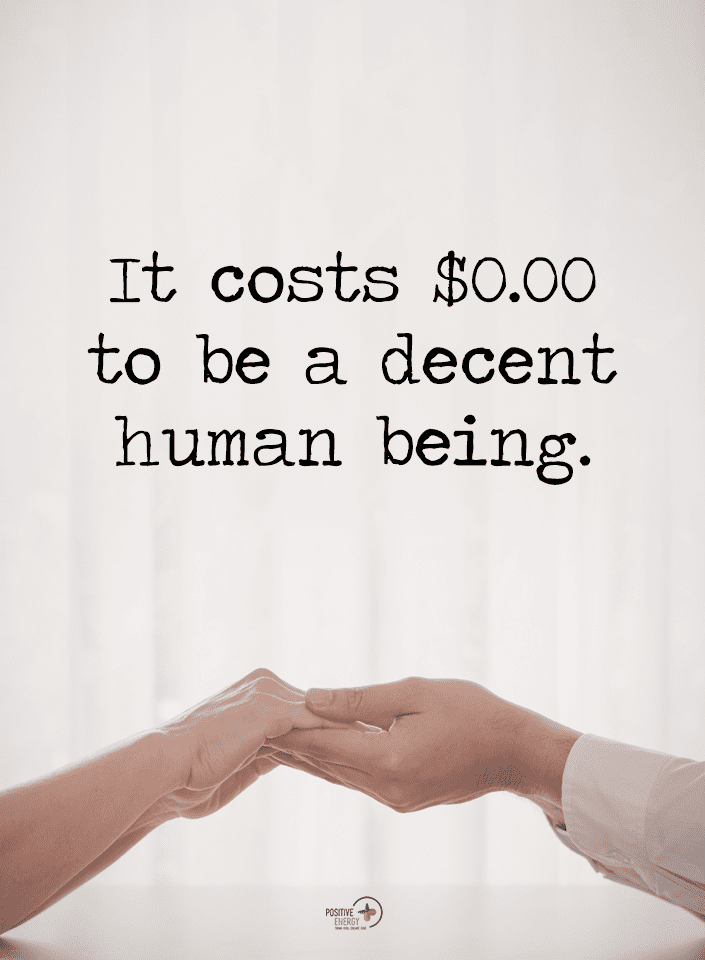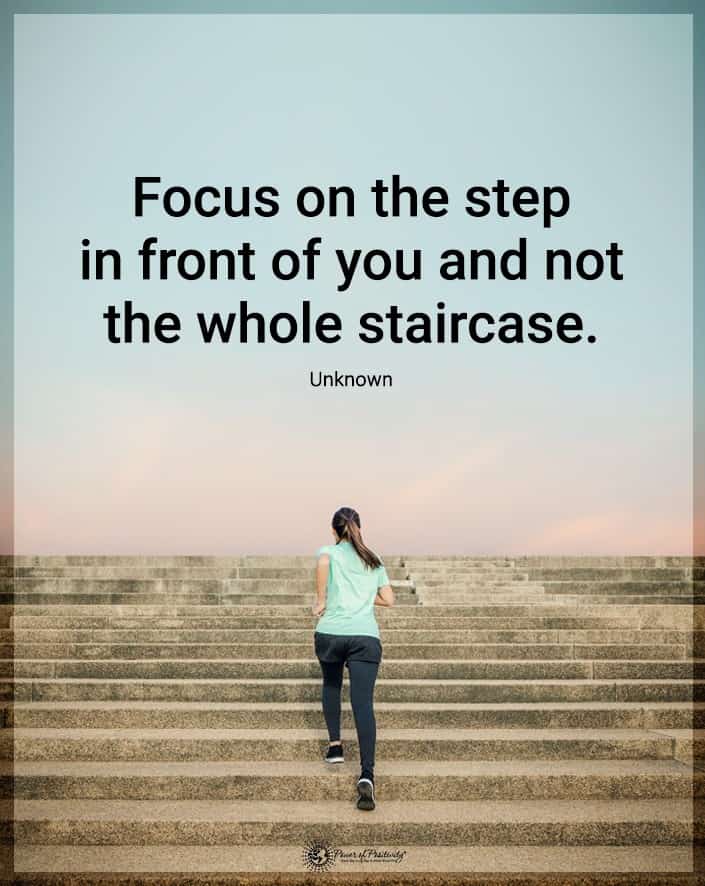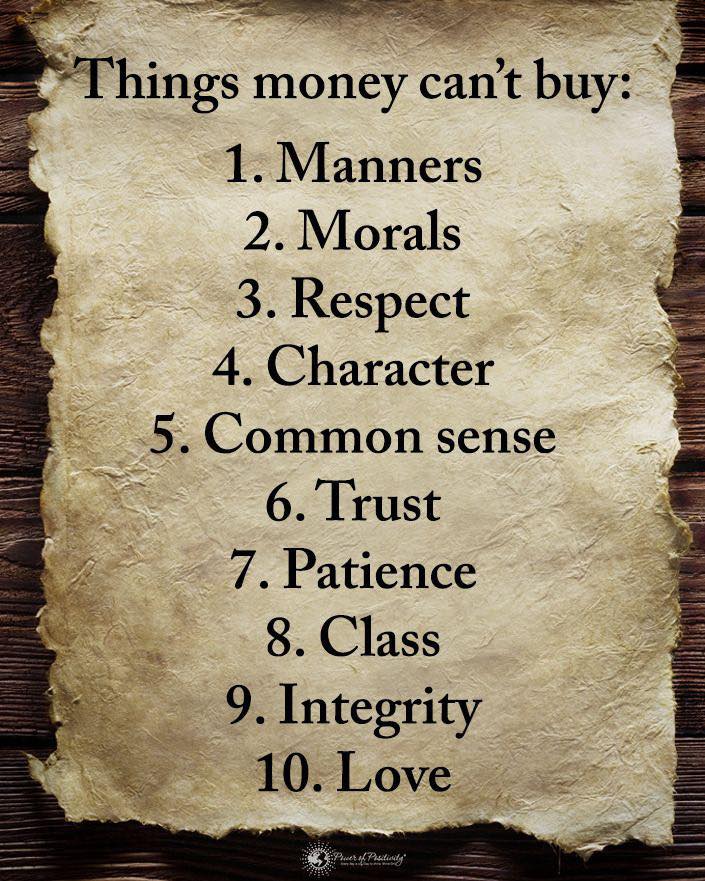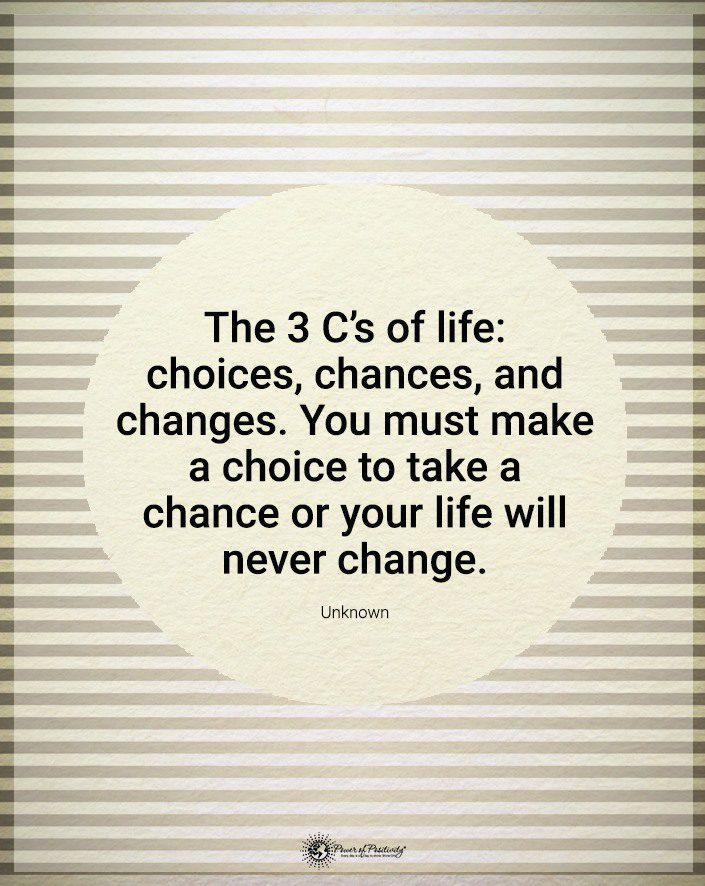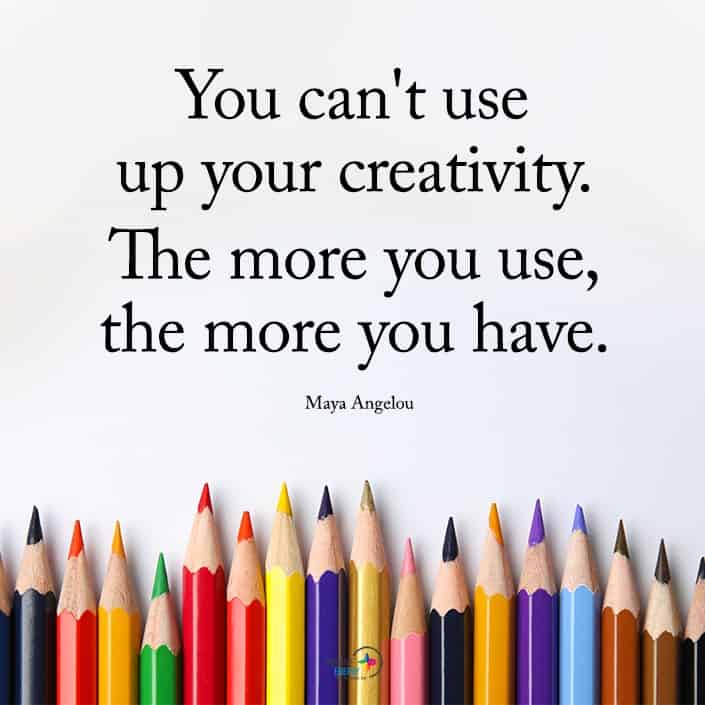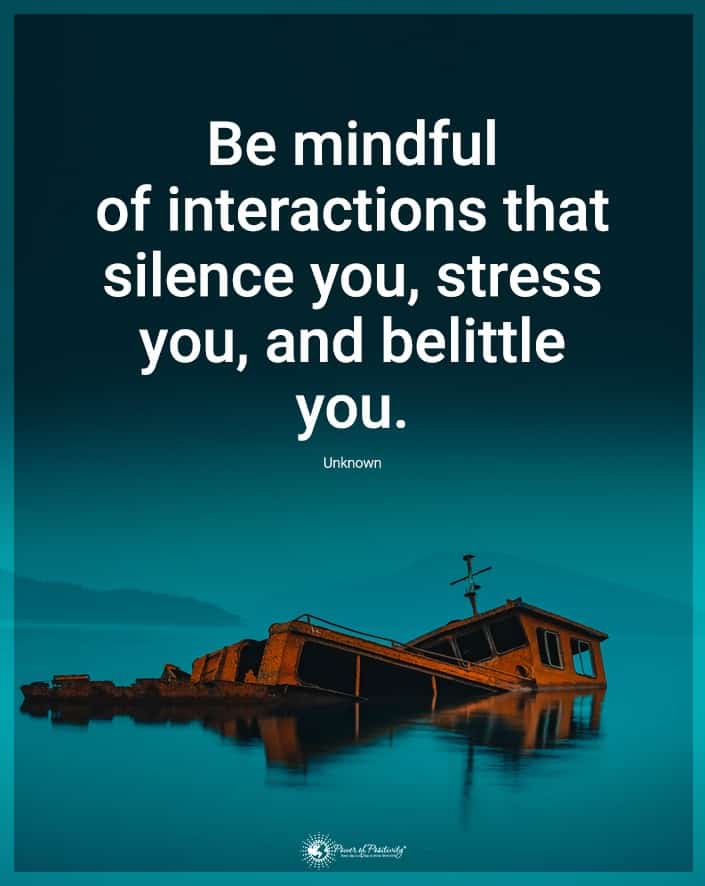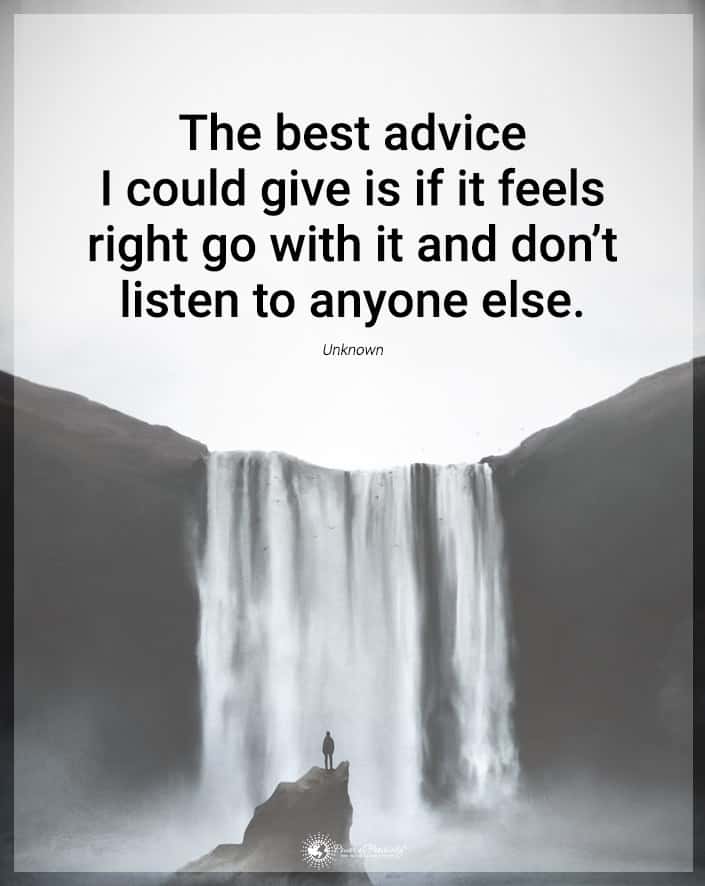Diabetes mellitus is not a single disorder but a group of metabolic conditions that involve high blood sugar levels or blood glucose over unusually long periods. Approximately 463 million people, or 8.8% of the world’s adults, have type 2 diabetes as of 2019. Detecting signs of diabetes can ensure you don’t face numerous potential complications.
There are three primary kinds of diabetes. The first is type 1 diabetes, when the pancreas loses beta cells and does not produce sufficient insulin for the body’s use. This is an autoimmune condition usually diagnosed in adolescence. The second is type 2 diabetes, which occurs due to lack of exercise and excessive body weight, among other metabolic factors. This kind of diabetes starts with insulin resistance, where the body fails to respond correctly to glucose and insulin. The third type is gestational diabetes, a temporary form during pregnancy.
The hormone insulin is used by the body to take the glucose from food and supply it to cells in the body, where it will be used as energy. When the body fails to do this correctly, multiple complications can occur. This is why diabetes, untreated, can be very dangerous and even lead to death.
In most cases, it’s diabetes type 2 that you’d be most worried about developing throughout your life, as your lifestyle can put you at risk. Regardless of the type, catching symptoms of diabetes early can be life-saving, allowing you to access necessary treatment quickly. Here are seven signs of diabetes many people ignore.
1. Increased Hunger
You recently ate, but you suddenly feel hungry again. You might feel almost as if you haven’t eaten at all. This is one of the signs of diabetes, especially diabetes type 2, that is most dangerous, as listening to your body’s hunger can mean exacerbating your condition even further.
Diabetes makes it difficult to process and digest glucose or blood sugar. Glucose is a vital energy source, and when your body can’t absorb it, you’re left feeling shaky and unsteady. Your pancreas starts ringing alarm bells, indicating to your body that you need to eat for energy now, even when you’ve just eaten.
In this case, you’re likely to crave carbohydrates or sugary foods and drinks, but even eating those things isn’t guaranteed to help. Worse still, the more you give in to those cravings, the shakier you may feel.

2. Increased Urination
Diabetes decreases the body’s natural ability to break food into digestible sugars, causing sugar to remain in your bloodstream for prolonged periods. Your body will expel that excess via urination. Your kidneys have to work very hard to get rid of that sugar! Research has even shown links between diabetes and incontinence as a result.
The following are some signs of diabetes relevant to increased urination:
- Waking up to use the bathroom every night when you never did before, or more than once or twice
- The sudden increase in urination begins to affect your daily schedule
- More urinary tract infections or UTIs, even when you take typical precautions to avoid them
- You’ll notice a sickeningly sweet smell in your urine
- You’re in a time-consuming cycle of feeling so thirsty you need to drink a lot, then needing to urinate a lot because you drink so much, then feeling thirsty again because of the excessive urination
- Using the bathroom more than six or seven times a day
3. Constant Fatigue
Fatigue can occur for many different reasons, but when it becomes a chronic, non-stop problem that plagues your everyday life, that may be one of the signs of diabetes you shouldn’t ignore. Research connects fatigue to diabetes patients, which can escalate to depression and generally poor mood.
Diabetes causes your body to be unable to gain energy from glucose, so, naturally, you feel like you don’t have the fuel you need. This can range from being a little sluggish to being entirely unable to function. You’ll likely feel a little weak as if you’re constantly a little hungry.
Untreated diabetes can also kill tissues in the body, preventing thorough, healthy circulation. This makes it difficult for oxygenated blood to travel around the body, so cells need more effort to reach your organs. This further exacerbates your tiredness, making your entire system work overtime.
4. Increased Thirst
Remember how increased urination is one of the signs of diabetes? It’s often tied in with heightened thirst. It’s a clear connection: the more you urinate, the more dehydrated you get and the thirstier you may become.
Thirst also occurs in diabetes because the brain seeks any fluid that can dilute the sugar buildup in your bloodstream. You become thirsty as your body’s way of signaling its needs. This can even lead to dry mouth, which studies link to diabetes.
When quenching this kind of thirst, you must turn to plain, carbonated, or perhaps water infused with lemon or fruit if you need some flavor. Steer clear of drinks like:
- Soda
- Chocolate milk
- Juice
- Flavored yogurt drinks
You’ll likely crave these drinks if your thirst results from diabetes. But they won’t help you feel better and will exacerbate your thirst and all other symptoms. This is because they flood the bloodstream with even more sugar than your body can’t process!

5. Tingling or Numbness In Extremities
People with type 2 diabetes that is uncontrolled and untreated may experience worsened blood circulation as a result of their high blood sugar. As one of the more subtle and sneaky signs of diabetes, this symptom may not show in your body for months or even years.
When you have a lot of glucose in your bloodstream, your nerve endings can become damaged, causing neuropathy. This means you’ll begin to feel strange or unusual experiences in your extremities, such as your feet and hands. You may experience:
- Numbness
- Tingling
- Pain
- Itching
- Weird sensations
Untreated neuropathy can become more severe, causing wounds that struggle to heal in far extremities and leading to permanent nerve damage.
6. Weight Loss
As a society, we’ve normalized weight loss as an always-positive thing. But it can be one of the more subtle signs of diabetes. Weight loss from this disease can be minor or vast and significant, but any unexpected or unexplained weight loss is worth taking a closer look at.
But why does diabetes, when untreated, cause weight loss? This happens because you:
- Lose water (not actual “body weight”) and don’t regain it due to frequent urination.
- Lose unabsorbed nutrients and sugars in your bloodstream every time you urinate, especially when done excessively.
- Don’t get enough energy from food due to an inability to digest or process sugar, so your body begins burning fat and muscle as a source of energy.
Unexplained weight loss of this type can be hard to see in type 2 diabetes. This is because most people at risk for type 2 diabetes are overweight, so small or reasonable weight changes feel like a good thing, not one of the more dangerous signs of diabetes. If you ever find yourself losing weight unexpectedly without making any lifestyle changes, you should speak to a doctor. You can even lose weight while eating more due to increased hunger from diabetes!
7. Blurry Vision
Too much glucose in the blood can cause damage to the eyes’ blood vessels, leading to blurrier vision. Those who wear glasses may have trouble noticing this, as it’s one of the lesser-known signs of diabetes. The blurriness may occur only sometimes, affecting both or just one eye. It’s a cause for concern if your vision suddenly sharply worsens or causes strange, unusual distortions.
Blood sugar elevation can also cause the eye’s fluid to shift and move, changing your lens shape and causing short-sightedness or far-sightedness. The fluid that pulls away from tissues goes to the body to dilute the blood, hoping to reduce glucose concentration. Glucose might also build up in the eyes, making vision challenging to focus.
In severe cases, when left untreated, diabetes can eventually lead to severe permanent eye damage, even causing vision loss and blindness. However, when caught and treated early, you can avoid these problems, and your vision will return to normal within two months of blood sugar stabilization.
Final Thoughts On Some Signs Of Diabetes That Many People Ignore
Diabetes can come with a laundry list of potential complications that make matters worse for you and your life. That’s why recognizing the common signs of diabetes is so important, especially ones that often go ignored. When you notice causes for concern, you can seek a diagnosis, medical help, and early treatment to help you get diabetes under manageable control.
All untreated diabetes, regardless of type, can worsen your risk of stroke, foot problems, eye disease, heart disease, neuropathy, kidney disease, and much more. Depending on the type you have, you may receive insulin to use. Type 2 diabetes, once detected, typically requires that you make appropriate lifestyle changes to reduce the severity of its symptoms.
Anyone can develop diabetes, but some factors may increase your risk of developing type 2. Sedentary lifestyles, unhealthy diets, obesity, PCOS, a history of other diseases, and age can increase your risk of the disease. If you have family members with the disorder, you’re likely more at risk, too.
If you notice any signs of diabetes, it’s a good idea to get that checked by your doctor. Your blood sugar levels and urine will reveal your health. You may also have prediabetes, which means your body is experiencing unusual fluctuations of blood glucose and insulin, which means you could develop diabetes in the future. Regardless, awareness and early testing are critical.
Editorial note 08/24/2023: Added missing links to research.

